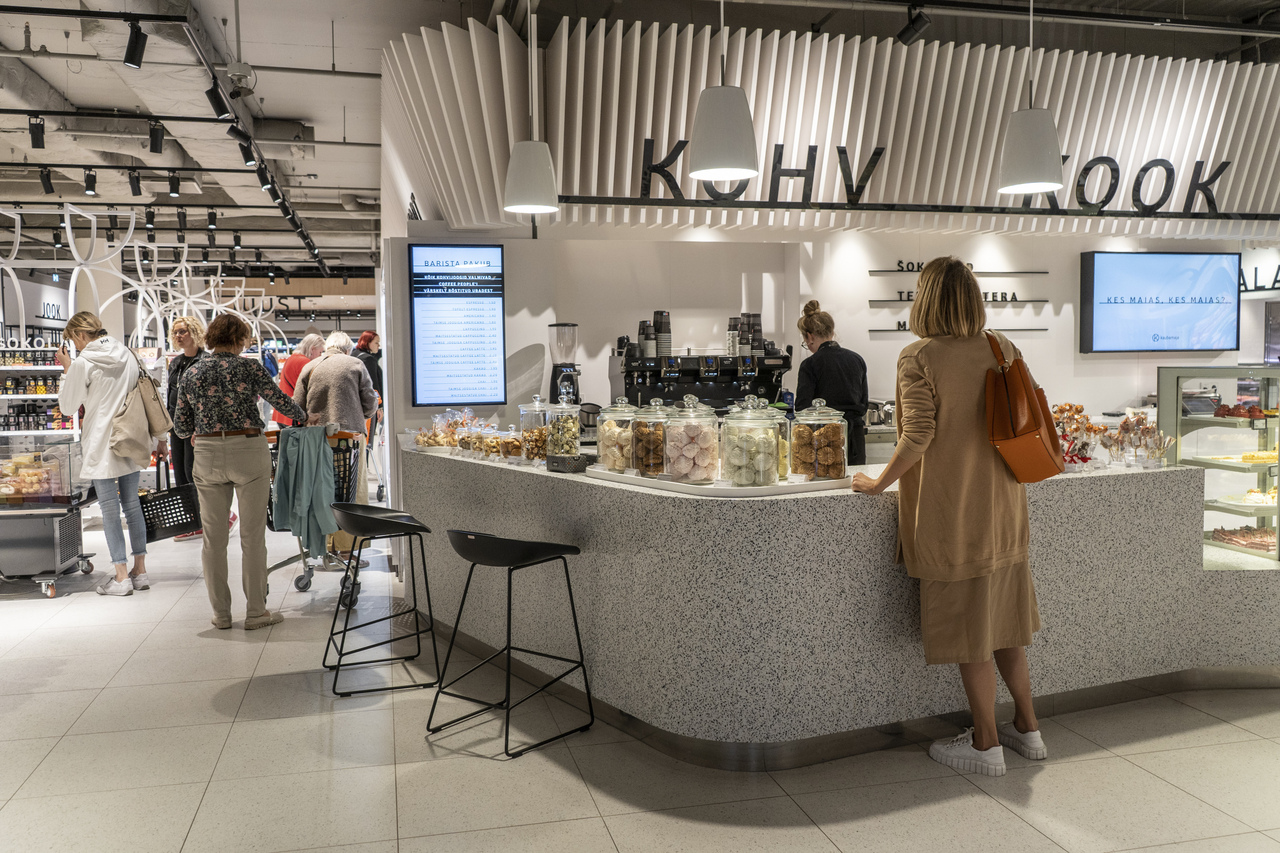Euro zone inflation hits record 9.1% as ECB hawks push jumbo rate hike
Sign up now: Get ST's newsletters delivered to your inbox

Consumer prices in the 19-nation currency bloc jumped 9.1 per cent from a year ago in August.
PHOTO: NYTIMES
Follow topic:
FRANKFURT - Euro-area inflation has accelerated to another all-time high, strengthening the case for the European Central Bank (ECB) to consider a jumbo interest rate hike when it meets next week.
Consumer prices in the 19-nation currency bloc jumped 9.1 per cent from a year ago in August, led by energy and food, beating the 9 per cent median estimate in a Bloomberg survey of economists.
Stripping out those drivers, a gauge of underlying inflation inched up to a fresh high of 4.3 per cent, highlighting how price pressures continue to become more broad-based.
The question now is whether the data is enough to nudge the ECB towards the 75-basis point rate increase that some on its 25-strong Governing Council want debated. It is an increment that has been deployed twice already by the Federal Reserve, though dovish ECB officials caution against following suit as Europe braces for a recession.
The quickest price gains since the euro was introduced more than two decades ago leave policymakers seeking a delicate balance: Rates must be raised sufficiently to steer inflation back towards their 2 per cent target, but not so much that it chokes off whatever economic momentum remains amid fears of a Russian energy cut-off this winter.
Tuesday's numbers may receive extra scrutiny after officials, including ECB executive board member Isabel Schnabel, said the ECB should focus more on inflation outcomes than projections as the war in Ukraine complicates forecasting.
But while Russia's invasion is certainly behind the the spike in energy prices, Dutch central bank chief Klaas Knot said on Tuesday that strong consumer demand after lockdowns ended has also pushed prices higher. Rising wages and a weak euro represent upside risks, he warned, urging a "swift" normalisation of monetary policy.
"There is an urgent need for the Governing Council to act decisively at its next meeting to combat inflation," Bundesbank chief Joachim Nagel said after Wednesday's numbers. "We need a strong rise in interest rates in September, and further interest rate steps are to be expected in the following months."
Six Governing Council members have said publicly that they think a rate move of more than 50 basis points should be discussed, with money markets putting the probability of 75 basis points at more than 60 per cent. Following Wednesday's data, investors maintained bets on 166 basis points of tightening by year end.
Other officials have called for more restraint. ECB chief economist Philip Lane this week urged a "steady pace" of rate hikes to minimise the risk of disruptions, while executive board member Fabio Panetta said a weaker economy would help temper inflation.
Economists increasingly predict a euro-area recession in the coming quarters as the rising cost of living saps demand, undermining the pandemic rebound.
Governments have been trying to offset the energy price shock through a myriad of measures including tax cuts, direct payouts to households and subsidies for companies. All told, they have spent about €280 billion (S$393 billion), according to the Bruegel think-tank in Brussels.
More help may be coming. The European Commission said this week that it is also planning to take urgent steps to address skyrocketing power prices. While that sent market prices tumbling, Russia halted gas flows through a key pipeline on Wednesday for temporary maintenance. BLOOMBERG

